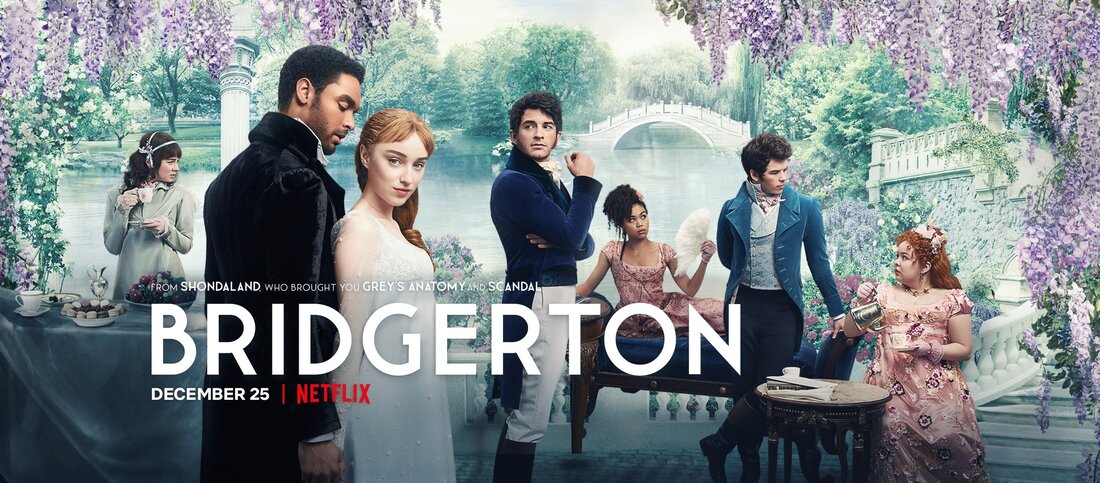|
Rethinking Race In the Movies
In a recent diversity “lunch & learn” meeting at work, we discussed how Black characters are portrayed in television and movies. We watched a clip from a documentary about Meghan Merkle’s struggles with the media that included a segment on how Black people have historically been portrayed by Hollywood. As you can imagine, it is rife with stereotypes, tokenism, and shallow character development. More recent shows and movies are trying to do better but often fall short. Even seemingly radically inclusive shows like Bridgerton, which cast Black characters in lead roles as members of upper-class British society in the late 18th century, falls victim to “colorism,” where lighter skinned characters are portrayed as “good” and desirable and darker skinned characters are “bad” and/or of a lower class. (Watch the documentary.) My historian colleagues and I debated how to address systemic racism in historical productions. To counteract racism, is it OK to portray history inaccurately? Blacks were not part of the British nobility as they are in Bridgerton, and although Alexander Hamilton was biracial, there were no other Black Founding Fathers, unlike the all-Black cast of Broadway’s Hamilton. But perhaps with proper context, these portrayals could be helpful in providing people of color a sense of belonging and empowerment in a culture that enslaved their ancestors? I can only imagine how difficult it would be to see people that looked like me portrayed only as slaves or outsiders every time I turned on the television. Yet, it’s also true as one of my colleagues pointed out, that many people don’t know their history and believing that a counterfactual show like Bridgerton is actually true risks viewers perhaps wondering what all this fuss about racism is about—“Look! Black people have always had power, just like Whites! I saw it on TV.” Personally, I very much enjoyed the show’s virtual thumbing of the nose, but the only attempt to explain it’s overturning of history was when a Black character notes that because the king fell in love with a biracial queen (a “fact” still under debate), the social system was thrown wide-open. I would much rather have preferred a title card before the movie started explaining what the true situation was and why the producers chose to show how things could have been if our forefathers were better people. But is there a better solution? Among today’s vast entertainment options, wouldn’t it be interesting if there were more shows about the history of other countries and cultures? And, what if we’d been watching them since we were children?
0 Comments
Leave a Reply. |
AuthorHeidi Hackford explores how past and present intersect. Archives
November 2023
Categories |
